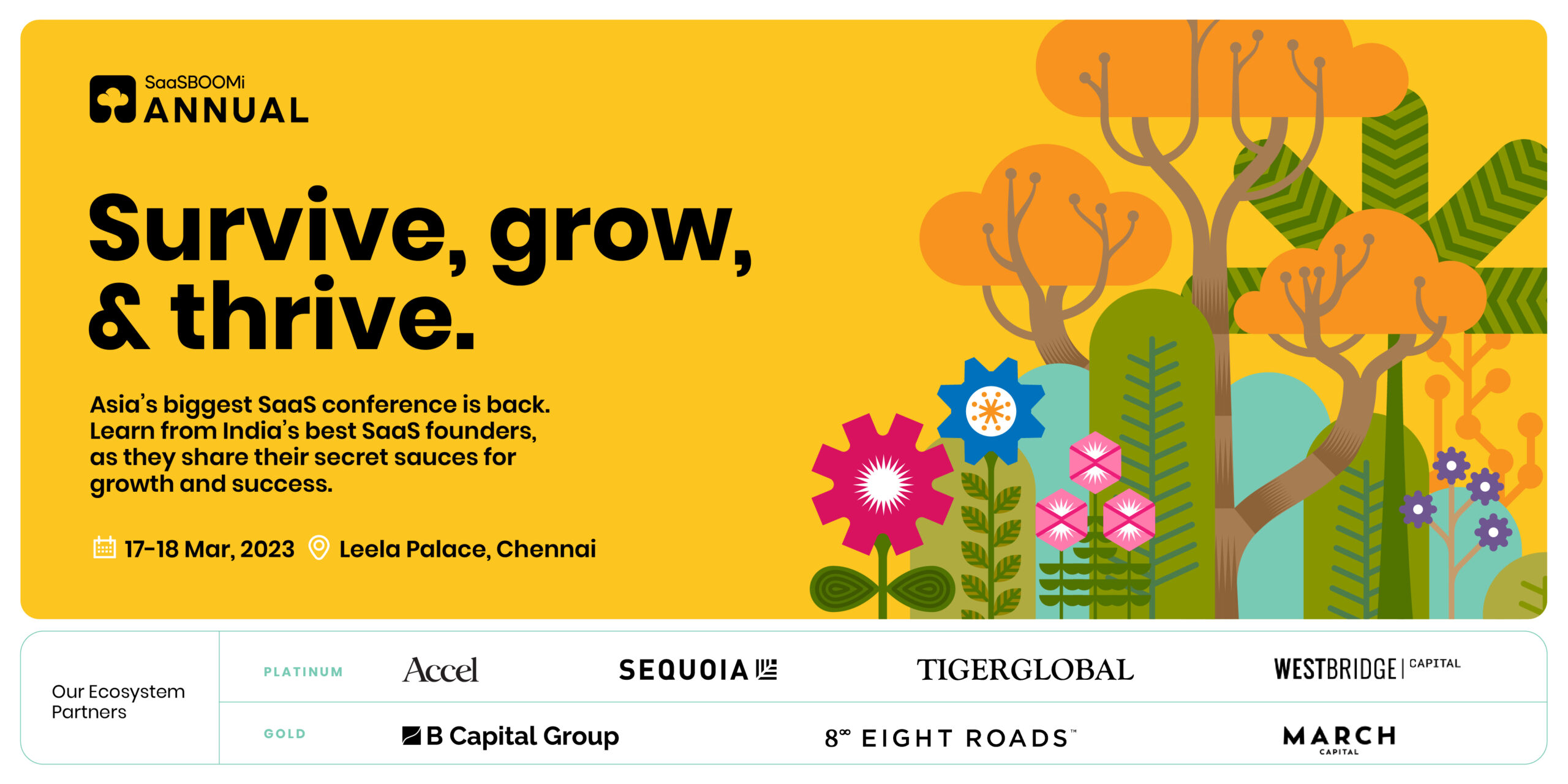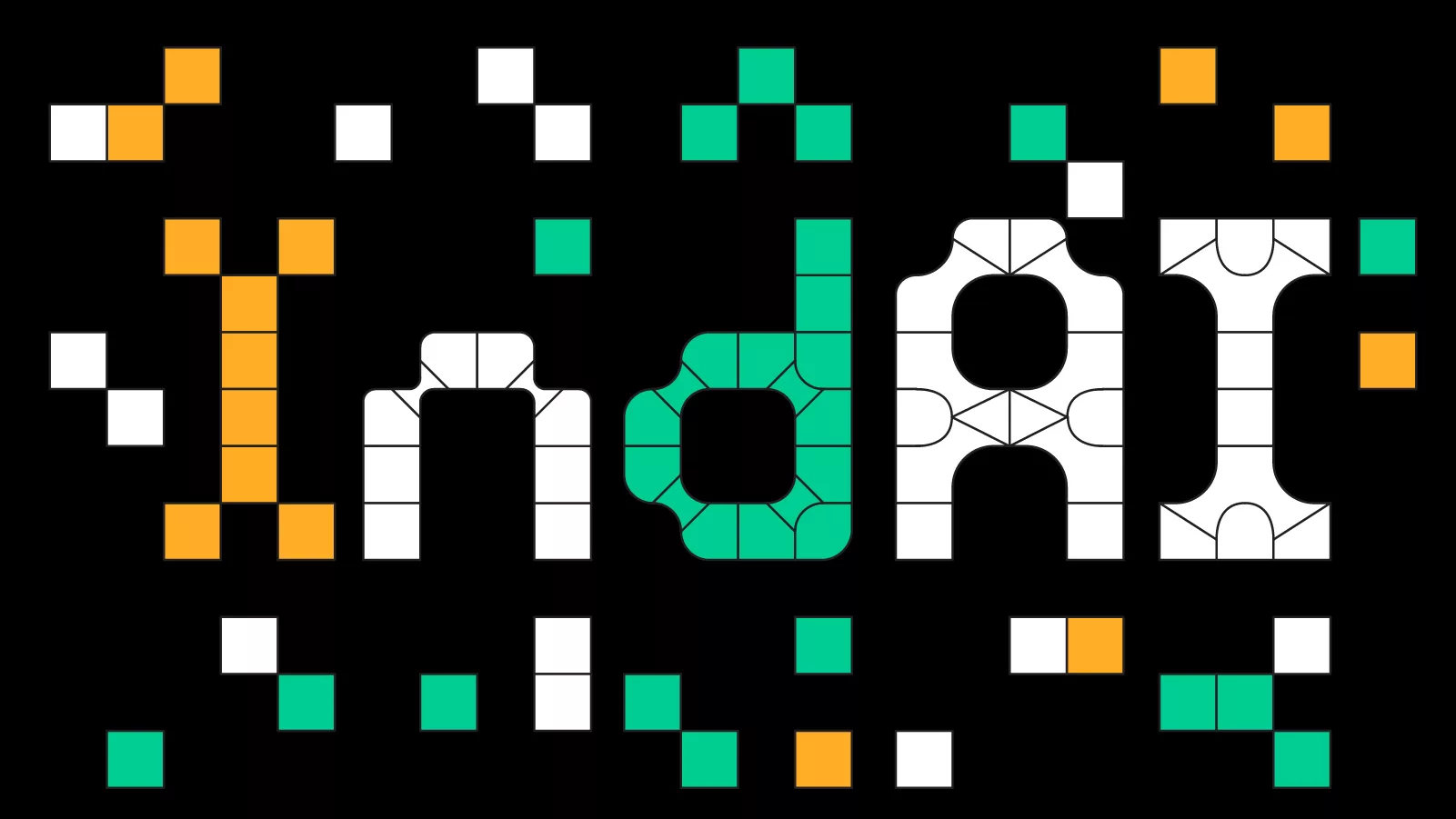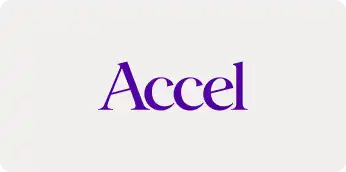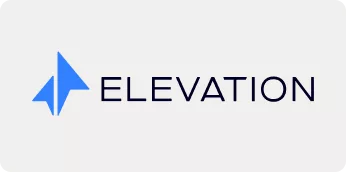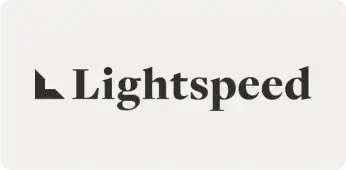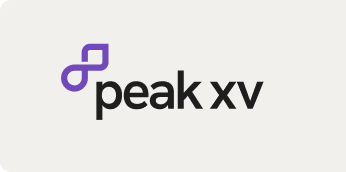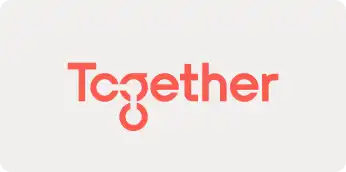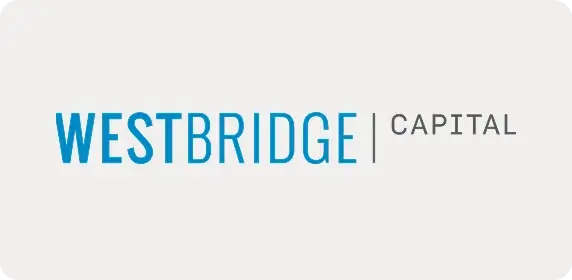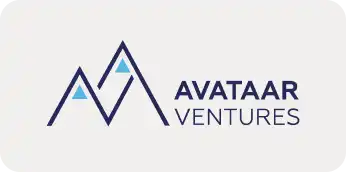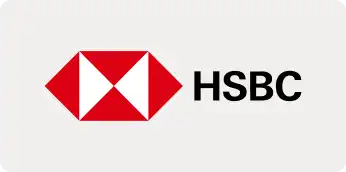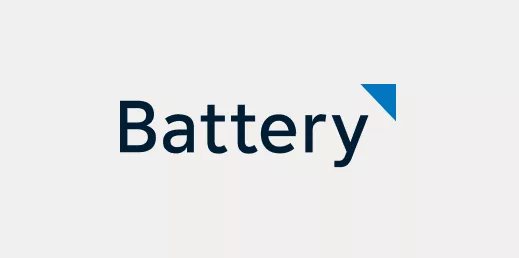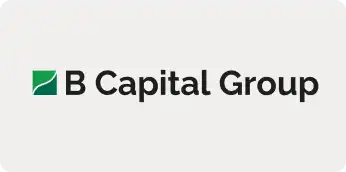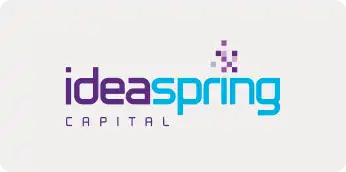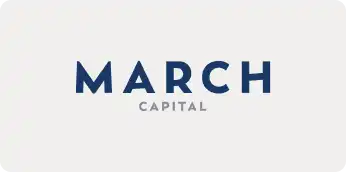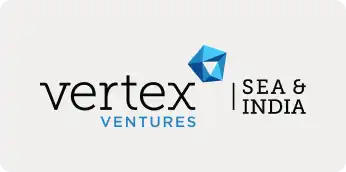It’s when the fuel dries up that you realize you’ve hired the wrong people or scaled too big in a market that has a ceiling you can’t grow beyond, or that you should not have built a VC-funded company in the first place and could have been bootstrapped.
SaaS folks have a lot to reflect on right now, and SaaSBOOMi Annual 2023 comes at the right time to help them ride out the down market and also look at opportunities to thrive in it.
We are bringing veterans who have gone through multiple business cycles and will share their learning on building the right kind of businesses. We have speakers coming in with playbooks on how to recalibrate for the new challenges that are at play. We will have founders who managed to grow really well last year and will share their secrets.
We will also be sharing specific, contextual playbooks on product marketing, sales, growth, how you can use pricing to your advantage in this situation, and a lot more. We have a session lined up on compliance and how to deal with various regulations, which itself takes up substantial mind space for a founder. We have an excellent session on M&A, which will get more active in a down market. An investment banker, someone who sold the company, and someone who is a buyer will provide three different perspectives.
So a lot of tactical stuff would surface and if you don’t attend, you’d miss out.
What’s important is that founders will be able to think through strategies for every aspect of their business in these interactions.
For example, one of the biggest fallacies I’ve seen founders from India fall for is to say, ‘Let me just price my product cheaper than my US counterpart. People are fighting over budgets and let me use this as a lever for competitive advantage. Then I’ll get that deal and grow my revenue.’
It doesn’t work. You’re just looking at the easiest solution that comes to mind. How I helped PipeCandy and Wingman in SaaSBOOMi’s SGx program at the height of the pandemic was to focus on communicating their value to the customer. With both companies, I got them to raise their prices. They were nervous, but their sales improved.
These outcomes are possible in SaaSBOOMi because founders feel they can open up here about needing help without being judged. That’s a big contrast in culture with other communities where you rarely see a company talk about how they’re struggling and usually find companies boasting about how they’re making it.
Here, everyone realizes the struggle you’re going through, the uniqueness of the journey, the emotions in bringing on your first leadership hire, tracking your first enterprise client, opening your first office, or having your co-founder leave, having a VC bail out on you, failing to sell the company … Everyone’s gone through tough experiences. They respect you for your struggle. They don’t respect you for vanity metrics here.
That’s how SaaSBOOMi is different from other communities, and why the SaaSBOOMi Annual is special.
Fake Advice or Genuine?
I had the privilege of moving outside India and experiencing the Western world, as the founder of Kayako (acquired by US-based ESW Capital in 2018). I lived in London for six years, and I used to travel a lot to the US as well. It’s one of those things that’s talked about a lot – if you wanna grow your business, go West.
When you make that move, you hear about all these communities – SaaStr and the Valley ecosystem are raved about as cult-like things. But when I became a part of these communities and attended their events, the US founder ecosystem came across as self-promotional. The mantra to ‘fake it till you make it’ seemed entrenched. You had to read between the lines in any conversation to see if any takeaways or guidance you got was the right advice.
Contrast that with the SaaS community in India which has morphed into SaaSBOOMi. It has a strong volunteer network of founders leading it. That makes it a self-perpetuating group without the flaws I saw in the West.
This is where I found a deeper connection as a founder. The relationships are so much more meaningful. For example, during the pandemic year in 2020, a program called SaaSBOOMi GrowthX, now known as SGx, got started. It pairs an experienced founder with a stalled founder who has the potential to grow much faster.
I paired up with PipeCandy for four months. It doubled its revenue after joining SGx and went on to be acquired by a US group called Assembly. In the next cohort, I paired with Wingman, and a similar thing happened: it doubled its revenue and was also acquired after the SGx program, interestingly.
I got a chance to work with a number of other founders. Everyone was open and candid. We all worked together as a team without judgment.
SaaSBOOMi gives meaning to my professional life. I keep dabbling in a bunch of other interesting stuff, but the moment you step out of the Indian SaaS community, everyone’s very cagey. No one opens up.
The opening up is a cultural value that was inculcated in SaaSBOOMi from its inception. And the SaaSBOOMi Annual is an occasion to recalibrate as a community, where you talk about recent developments, share your learnings, and deepen your friendships. The 2023 edition comes at a difficult time which calls for the right game plan to survive and thrive. It’s the first truly recessionary cycle that SaaS companies are experiencing.
I started my company (Kayako) after the internet bubble burst. I was young, had nothing to lose, and was not even thinking about failure. But I did get to experience the 2008 recession. We were close to $2 million in revenue by then. Bootstrapped and run efficiently, we only saw growth during that phase while US companies were struggling and people were losing their jobs.
We would see all the crazy stories over there on the news. And yet, our revenues were still growing considerably. One of the reasons was the price arbitrage. Customers found us to be more affordable with a better solution. So we had enough cash in the bank, we were profitable, and we saw growth.
I think where the challenges are coming from today is indigestion from excessive funding which led to inefficiencies creeping into the ecosystem during the easy money time in 2021. The recent GoMechanic collapse, due to pure fraud, is the extreme end of the spectrum. We got into a state where we took capital for granted.
Now the pain of scarce capital is forcing a change for the better. And honestly, if you ask me, no other external circumstance could have brought discipline. No matter how many blog posts experienced folks wrote, they would have been laughed away from the street.
Now, founders will have to run companies efficiently, respect them as businesses, and not just focus on cheap capital to run perpetual loss-making machines. This had to happen. And at the Annual, we will be talking about the necessary recalibration and also growing from here to come out stronger.
I personally feel the dominance of Indian SaaS globally is inevitable. As Western-first companies have set up development operations in India, most of the operational playbooks would eventually come from India. For example, if you open DoorDash and compare it to Swiggy and Zomato, the Indian apps are so much more polished and better. Six years back, we had leadership on price or maybe throwing humans at a problem, but you could’ve never imagined leadership in UX.
Similarly, we’ll have a concentration of SaaS playbooks in India. And there’s no way a US company, with its high level of cost, can compete with the sheer amount of talent being built up here.
Once we crack the product marketing and UX playbooks to communicate the value of the product and be positioned equally with any US company perceptually, it will be impossible for US companies to compete. We are fairly close to cracking the sales playbook, with Covid accelerating buying from Indian companies.
That stigma of buying from India is gone.
So I think the current headwinds that companies are facing due to inflation will be an excellent forcing function, which will bring discipline and lead to Indian SaaS dominance. What China did with manufacturing, we’ll do with SaaS from India.
The current recessionary challenge of capital becoming scarce or growth stalling is a bump on the road toward that dominance. A recalibration will strengthen the ecosystem.
SaaSBOOMi Annual 2023 will be a catalyst for that.
To register, click here: https://dev.matsio.com/matsio/saasboomi/annual/
…
Edited by Sumit Chakraberty

